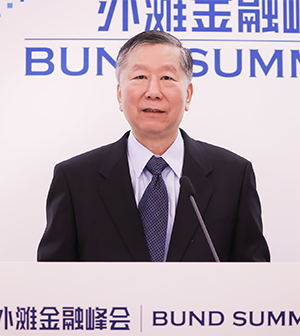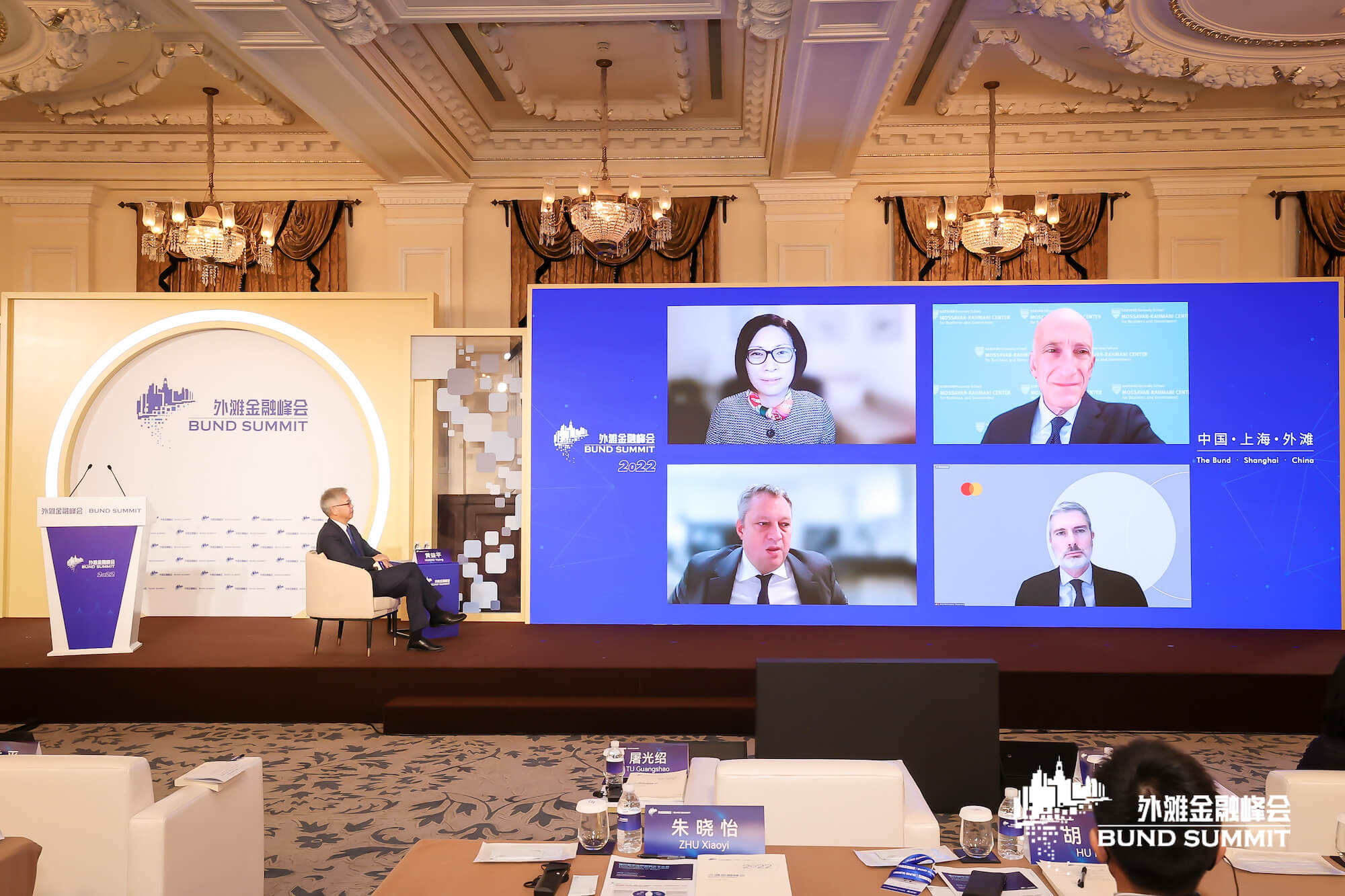

While recognizing the positive role of fintech in boosting productivity, the hard power of fintech should be strengthened by achieving breakthroughs in key technologies so as to translate innovation into real productivity. Meanwhile, the closer the connections among financial institutions, tech companies, and financial market infrastructure, the stronger the interconnected and cyclical feature of the financial system, and thus the more undetectable, contagious, unexpected, and damaging financial risks will be. If managed improperly, the increasing financial risks will add to the costs of the real economy. Fintech innovation must abide by the basic principles of security, liquidity, and profitability, and be carried out under prudent regulation.

SHANG Fulin
Chairman, Committee for Economic Affairs, National Committee of the Chinese People' s Political Consultative Conference (CPPCC)


The new opportunities brought by fintech to support micro and small businesses have come out. SMEs usually find it hard to access traditional financial services, and this is where fintech comes into play. Built on digitalized financial infrastructure, capital can be mobilized to invest in SMEs in a targeted way by utilizing new financing products such as Daily Revenue Contract.

Charles Li Xiaojia
Co-founder, Micro Connect


I will discuss why our path (with CBDC) will be slower than China's and unpredictable and I will discuss three factors in particular. First, I believe our path will be shaped more by what happens in the private sector over the next several years rather than by the development of a long-range plan by the government. Second, our path will be shaped by how we regulate crypto assets generally, including in particular stablecoins. Third, our path will be shaped by making sure a CBDC is consistent with US values and national interests.

Timothy MASSAD
Harvard Kennedy School; Former Chairman, U.S. Commodity Futures Trading Commission


A major change from a few years back is also the increased emphasis on the international factor of CBDCs in cross-border payments. More and more central banks see the interoperability of CBDCs as a crucial aspect and promising potential tool to make cross-border payments faster and cheaper. Of course, there are many open and complex questions that central banks need to explore.
Central banks will need to think hard about how to reach a sweet spot of CBDCs adoption on the one hand, to have large enough positive effects and policy objectives, but not large enough to dis-intermediate banks.
Central banks also need to consider the business model of private firms that will be distributors of payment services and providers of CBDCs. How can they make enough profits without making the payment system too costly for merchants and consumers?

Tobias ADRIAN
Financial Counsellor and Director of the Monetary and Capital Markets Department, International Monetary Fund


The dialogue discussed the opportunities and challenges faced by financial institutions in their digital transformations and the future outlook.
Lyu shared his thoughts on the digital transformation of the banking industry and underscored the role of data, technology, and infrastructure in the process. Qian introduced ICBC’s digitalization practice, and cautioned that while fintech is playing a greater role in boosting business development, potential risks should be properly managed. In particular, attention should be paid to the relationship between development and security as well as technology ethics. Jiang focused on the practice of infrastructure digitalization in the banking system, and recognized the need to transition towards cloud businesses to minimize the costs of digitalization and help realize financial inclusion. Turning to the securities industry, Li identified six areas fit for digital transformation, including wealth management, institutional services, business management, risk management, operation management, and digital infrastructure.

LYU Zhongtao
Chief Technology officer, Industrial and Commercial Bank of China
QIAN Bin
Executive Vice President and Chief Information Officer, Bank of Communications
JIANG Chaoyang
Chief Information Officer, China Merchants Bank
LI Yutao
CIO, Industrial Securities
SHEN Yan
Deputy Director, Institute of Digital Finance, Peking University
Watch the highlights



.jpeg)

.jpeg)




